Urban spaces are becoming denser, smarter, and increasingly data-driven. As cities grow, so do the demands placed on infrastructure, particularly in mobility and access. One area that has traditionally been overlooked in the conversation about modernization is parking. For decades, parking was seen as a static utility—merely a space to leave a vehicle. But with the advent of smart technologies, parking has emerged as a dynamic lever that can directly boost revenue for both cities and businesses.
In this blog, we explore how smart parking systems—driven by data, automation, and real-time intelligence—transform parking from a logistical burden into a strategic asset that fuels economic efficiency and growth.
The Parking Problem: A Costly Inefficiency
Before we look at how smart parking creates value, it’s important to understand the economic costs of traditional parking systems:
-
Wasted Time: In many cities, drivers spend an average of 15–20 minutes circling to find parking. This not only causes frustration but delays commerce.
-
Lost Revenue: Unmonitored and unoptimized parking lots lead to underutilization. Empty spaces mean lost potential revenue.
-
Operational Costs: Manual enforcement, ticketing, and payment collection require significant human resources, often leading to inefficiencies and errors.
-
Missed Opportunities: Lack of data prevents parking authorities and property owners from identifying usage patterns, adjusting pricing, or planning improvements.
These problems directly affect city budgets and local businesses. They hinder foot traffic, reduce customer retention, and create a less inviting urban environment.
What Is Smart Parking?
Smart parking refers to the integration of digital technologies into parking systems to make them more efficient, user-friendly, and financially viable. Features include:
-
Real-time space availability via sensors and mobile apps
-
Contactless and digital payment options
-
Automated entry and exit using license plate recognition or QR codes
-
Dynamic pricing based on time, location, and demand
-
Usage analytics for both public and private parking operators
These tools create a seamless experience for users while unlocking a range of operational and financial advantages for businesses and municipalities.
How Smart Parking Boosts Business Revenue
Businesses—whether they are retailers, entertainment venues, commercial office buildings, or service providers—depend heavily on accessibility. Here’s how smart parking contributes directly to business performance:
1. Improved Customer Access and Experience
A primary reason customers avoid busy commercial districts is the uncertainty and inconvenience of finding parking. Smart parking systems eliminate that obstacle by guiding drivers to available spots via mobile apps or smart signage. This leads to:
-
More predictable visits
-
Shorter wait times
-
Higher customer satisfaction
-
Increased repeat business
The easier it is to park, the more likely people are to engage with local businesses.
2. Higher Foot Traffic and Dwell Time
When parking is easy and accessible, people stay longer. Shoppers are more likely to explore additional stores, dine nearby, or linger in entertainment zones. This increases per-visit revenue and supports surrounding businesses.
3. Data-Driven Promotions and Partnerships
Smart parking platforms can integrate with business promotions—offering validated or discounted parking for shoppers or diners. For example, a restaurant can subsidize parking for patrons during slow hours, encouraging off-peak traffic.
Additionally, data insights from parking systems help businesses understand:
-
When peak customer visits occur
-
Which days are underutilized
-
Where to invest in advertising or outreach
4. Revenue Sharing Opportunities
In some models, businesses or commercial landlords partner with smart parking providers to monetize their parking assets through shared revenue models. Dynamic pricing, prepaid reservations, or event-based surge pricing can help optimize space usage while adding a revenue stream.
How Smart Parking Increases City Revenue
Municipalities also stand to gain significantly from deploying smart parking systems. Here’s how:
1. Maximized Utilization of City-Owned Parking Assets
Many cities own thousands of parking spaces in lots, on-street zones, and garages. Without smart systems, these assets are underutilized or mismanaged. By enabling real-time monitoring and digital payments, cities ensure more efficient turnover and maximize the daily revenue generated from each spot.
2. Dynamic Pricing for Demand Management
Cities can use dynamic pricing to align demand with availability. During high-traffic times, prices can increase to manage congestion. During low-traffic periods, they can decrease to encourage usage. This strategy not only boosts revenue but also balances traffic flows and improves urban air quality.
3. Reduced Enforcement Costs
Automated systems—such as license plate recognition and integrated mobile payments—reduce the need for manual patrols and ticketing. They also improve compliance, as drivers receive alerts about expiring time or available extensions via mobile apps. This lowers overhead and reduces disputes.
4. Grants, Incentives, and Policy Goals
Smart parking aligns with broader smart city initiatives and sustainability goals. Cities that adopt advanced mobility solutions are more likely to qualify for regional or international innovation grants, especially those that promote green transportation, emission reduction, and efficient urban planning.
5. Data for Urban Planning and Policy
One of the most powerful features of smart parking systems is the data they generate. This data allows cities to:
-
Understand parking demand by area and time
-
Identify areas for development or transit investment
-
Improve land-use decisions
-
Align parking with zoning goals
-
Measure the impact of traffic and pollution policies
This intelligence supports more informed policymaking and helps cities move toward long-term fiscal sustainability.
Case Studies & Global Examples
-
San Francisco implemented a dynamic pricing system through SFpark, which reduced parking search time by 43% and increased parking availability in high-demand areas while improving revenue.
-
Barcelona uses sensor-based parking to optimize traffic flows in its urban core. This has helped reduce congestion and improve public transport access.
-
Private malls and airports across the globe have adopted smart parking with great success, offering pre-booked spots, real-time navigation, and increased monetization of their parking assets.
These examples underscore a growing global trend: smart parking is not a luxury. It’s a necessity in the modern urban and commercial landscape.
Final Thoughts: A Small Shift with Big Gains
While smart parking may seem like a technical upgrade, its implications are vast. It creates real, measurable improvements in accessibility, user satisfaction, operational efficiency, and revenue generation. For businesses, it’s a tool for growth and competitiveness. For cities, it’s a critical component of intelligent infrastructure that supports economic development, sustainability, and quality of life.
As urban centers evolve, the need for smarter mobility solutions will only intensify. Parking—though often overlooked—is a foundational part of that transformation. By investing in smart systems now, cities and businesses alike set themselves up for long-term financial and operational success.
In the future of movement, every decision matters—and smart parking is one of the smartest moves you can make.
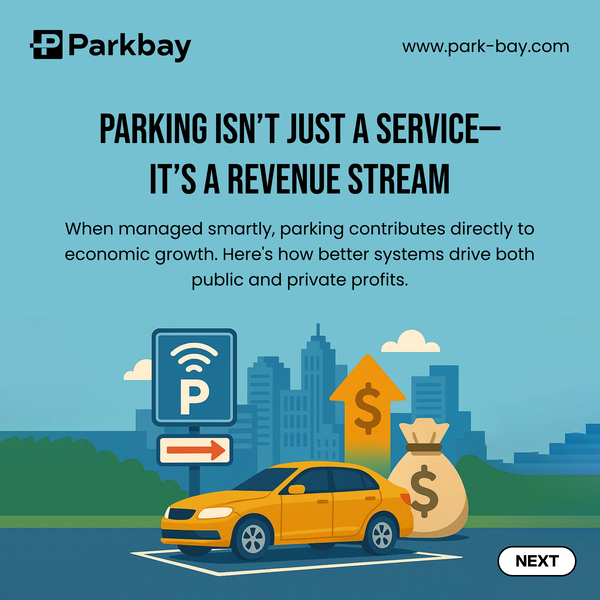
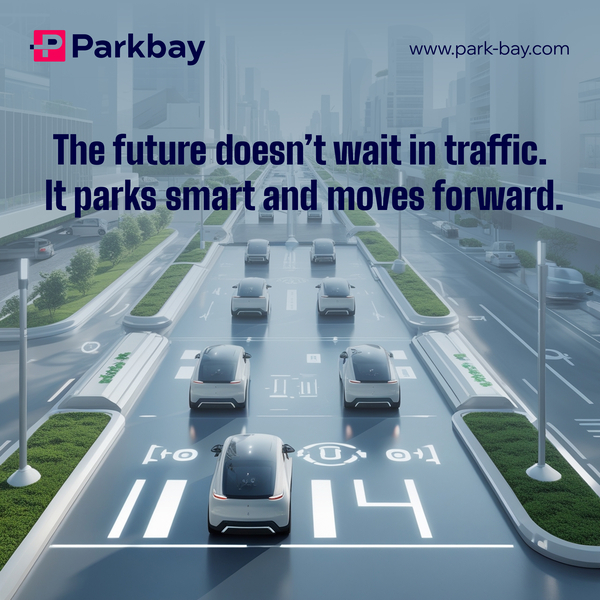
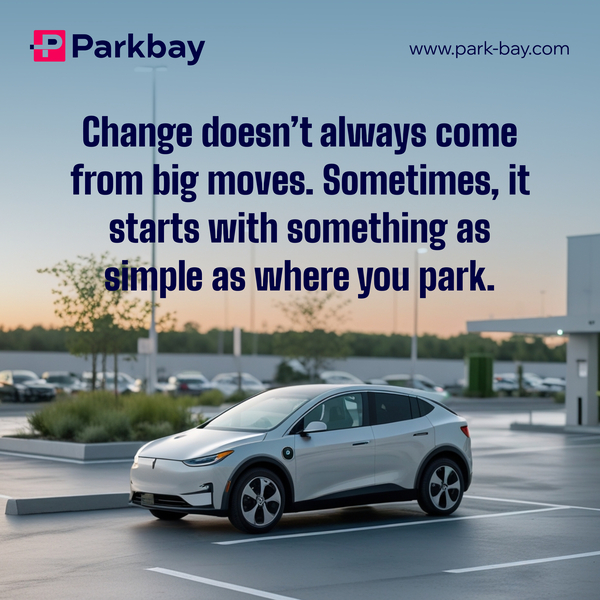
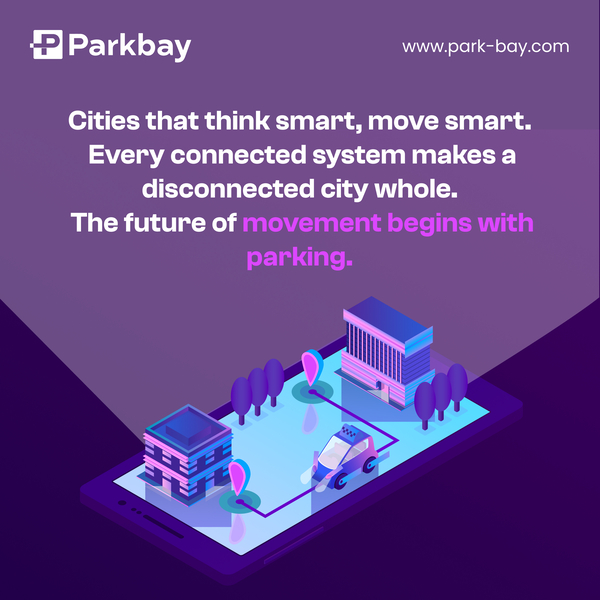
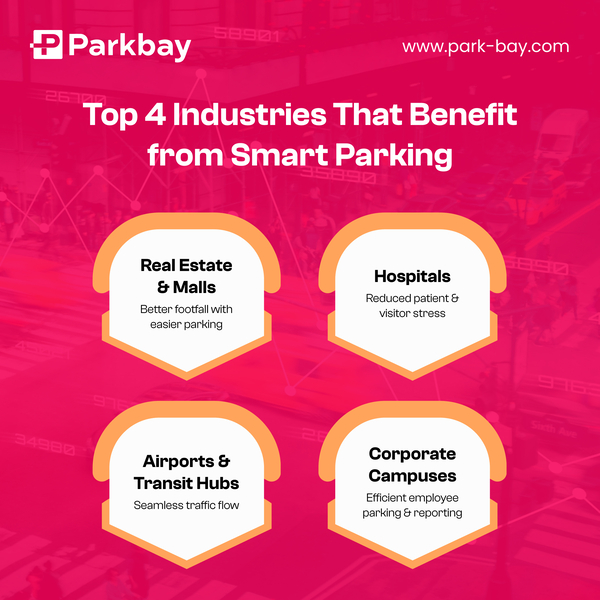
Leave a reply